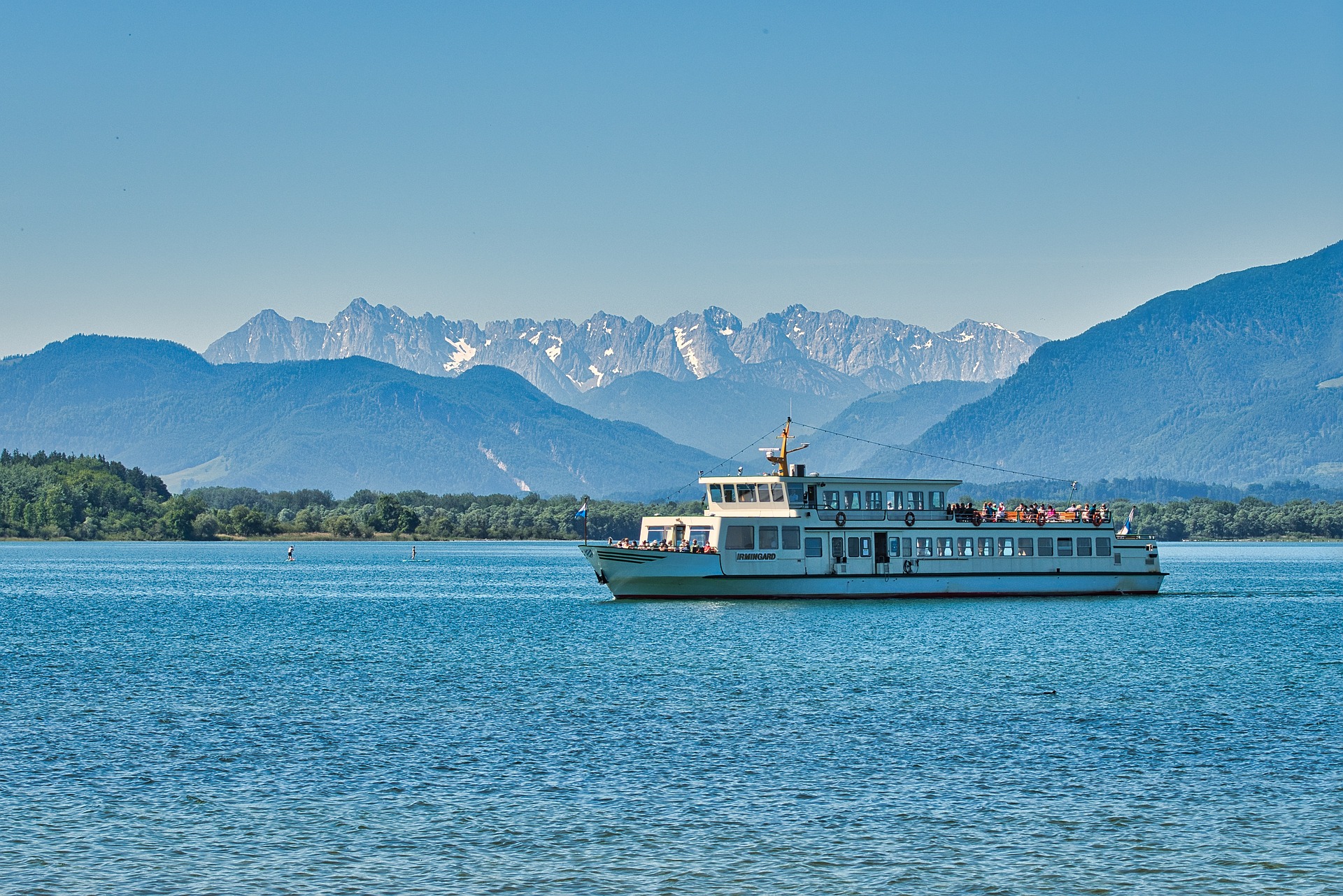Space Tourism: The New Frontier of Adventure Travel
Embarking on a journey beyond Earth's atmosphere was once the realm of science fiction and a select few astronauts. Today, space tourism is rapidly evolving from a far-fetched dream to an attainable reality for adventure-seeking travelers. This emerging industry promises to redefine the boundaries of exploration, offering civilians the chance to experience the awe-inspiring vastness of space firsthand. As companies race to develop innovative spacecraft and luxury orbital hotels, the concept of extraterrestrial vacations is capturing the imagination of thrill-seekers and futurists alike.

The Dawn of Commercial Space Travel
The idea of space tourism has been floating around since the early days of space exploration. However, it wasn’t until the turn of the millennium that private companies began seriously pursuing the commercialization of space travel. Pioneers like SpaceX, Blue Origin, and Virgin Galactic have been at the forefront, developing reusable rockets and spacecraft designed to carry paying customers to the edge of space and beyond.
These efforts have culminated in several successful suborbital flights, with a handful of civilians already experiencing the thrill of weightlessness and the breathtaking view of Earth from above. As technology advances and costs decrease, the dream of making space accessible to a broader audience is inching closer to reality.
The Experience: What Space Tourists Can Expect
For those bold enough to venture into the final frontier, space tourism offers an experience unlike any other. Suborbital flights, currently the most accessible form of space tourism, typically last a few hours and reach altitudes of around 100 kilometers. Passengers experience a few minutes of weightlessness and witness the curvature of the Earth against the backdrop of the cosmos.
For those with deeper pockets and a more adventurous spirit, orbital flights and stays on space stations are on the horizon. These extended missions promise days or even weeks in zero gravity, offering ample time to conduct experiments, enjoy unparalleled views of our planet, and truly immerse oneself in the space environment.
The Price Tag: Is Space Tourism Only for the Ultra-Wealthy?
Currently, the cost of space tourism is astronomical, with prices ranging from hundreds of thousands to millions of dollars per seat. This hefty price tag has limited space tourism to a select few wealthy individuals and celebrities. However, as competition increases and technology improves, experts predict a significant drop in prices over the coming decades.
Several companies are already working on more affordable options, aiming to bring the cost of a suborbital flight down to the price of a luxury vacation. While space travel may never be as commonplace as a trip to the beach, it’s likely to become increasingly accessible to upper-middle-class adventurers in the not-so-distant future.
The Impact on Earth-Based Tourism
The rise of space tourism is not just changing the game for those able to afford a ticket to the stars; it’s also having a ripple effect on Earth-based tourism. Spaceports are becoming tourist attractions in their own right, drawing crowds eager to witness launches and learn about space technology.
Moreover, the perspective shift experienced by space tourists – known as the Overview Effect – is inspiring a new wave of environmentally conscious travel. Seeing the Earth as a fragile blue marble suspended in the vastness of space has a profound impact on many who experience it, often leading to a greater appreciation for our planet and a desire to protect it.
Challenges and Controversies
While the prospect of space tourism is exciting, it’s not without its challenges and controversies. Safety concerns remain at the forefront, with the inherent risks of space travel requiring rigorous testing and regulation. Environmental impact is another major concern, as rocket launches produce significant emissions and could potentially contribute to climate change if frequent enough.
There are also ethical considerations to grapple with. Critics argue that the enormous resources poured into space tourism could be better spent solving pressing issues on Earth. Others worry about the potential for space to become a playground for the ultra-rich, exacerbating existing inequalities.
Cosmic Travel Tips: Preparing for Your Space Adventure
-
Begin physical training early: Space travel requires a certain level of fitness. Start a regimen that includes cardiovascular exercise and strength training.
-
Familiarize yourself with zero gravity: Experience weightlessness through parabolic flights or underwater neutral buoyancy training.
-
Study up on space: Learn about the physics of spaceflight and the environment you’ll be entering.
-
Pack light: Space is at a premium on spacecraft. Stick to essentials and leave room for souvenirs.
-
Prepare for the overview effect: Many space travelers report a profound shift in perspective. Be open to the emotional impact of seeing Earth from above.
As we stand on the brink of a new era in travel, space tourism represents the ultimate frontier for adventurers. While challenges remain, the rapid progress in this field suggests that in the coming years, more and more travelers will have the opportunity to experience the wonder of space firsthand. As we look to the stars, we’re reminded of the boundless human spirit of exploration and the incredible journeys that await us beyond our home planet.




